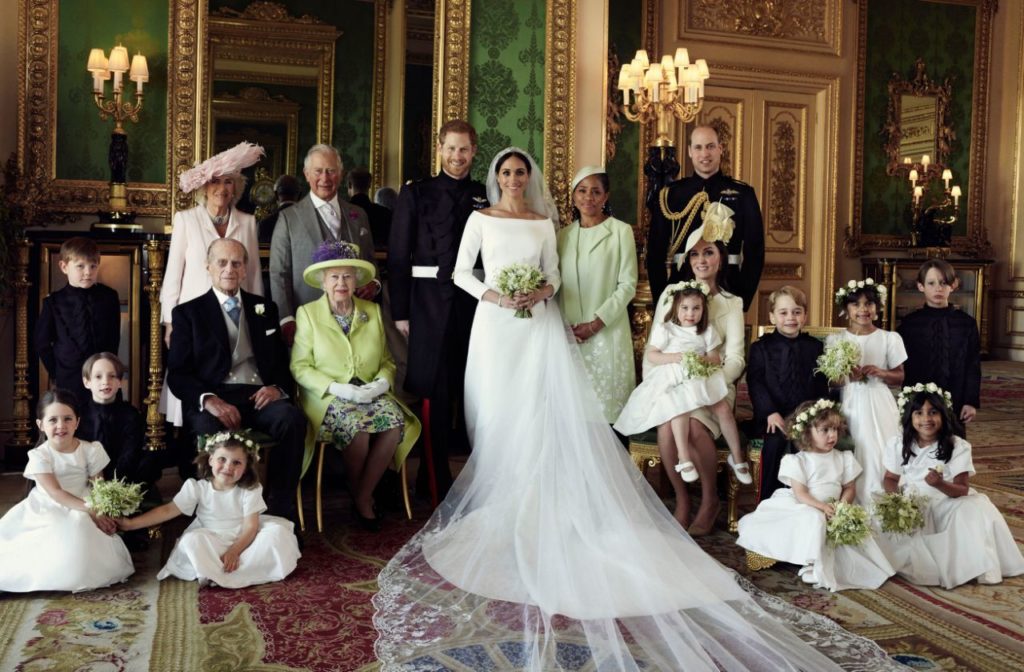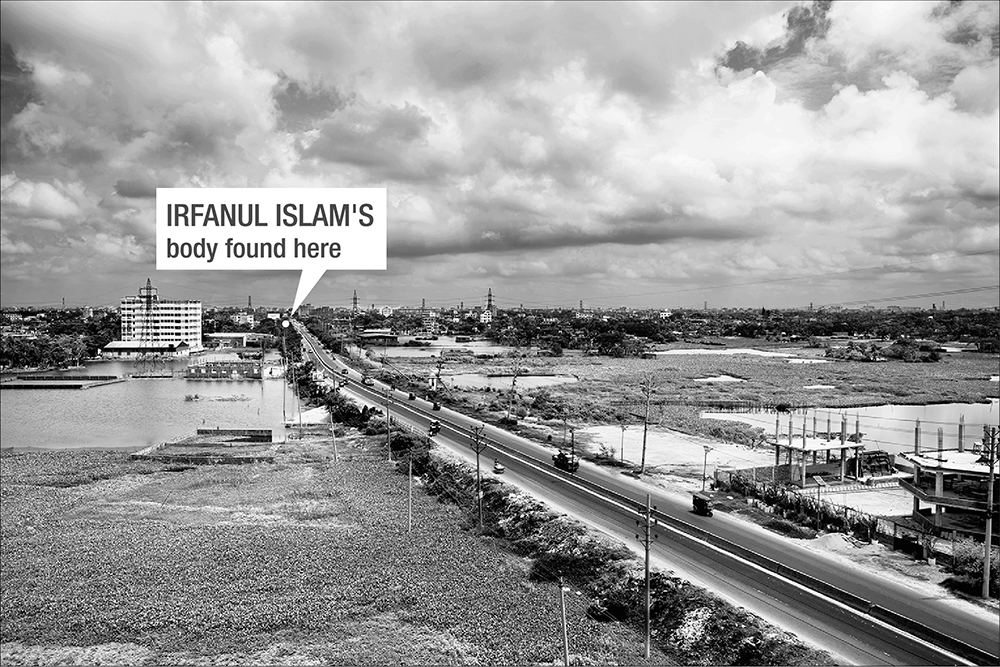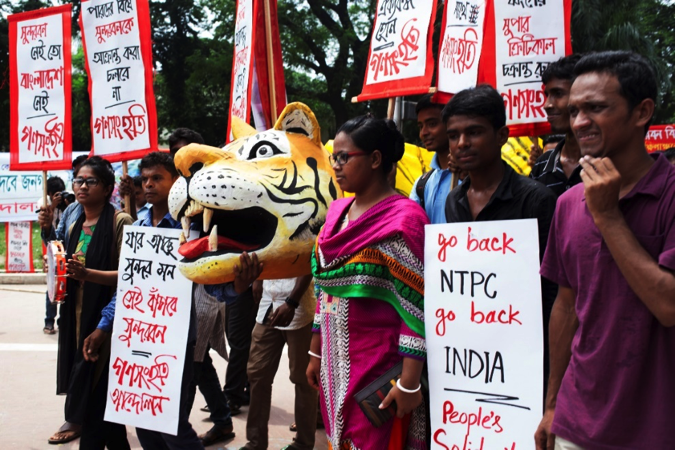by rahnuma ahmed
Official versions conflict about why Romel Chakma – a 20-year old HSC examinee and student leader of the Pahari Chatra Parishad – was picked up by the army, whether he was transferred from army to police custody while in Naniachar, whether his admission to, and 2-weeklong treatment at, the Chittagong Medical College and Hospital (CMCH), occurred under police custody, and lastly, whether the Naniachar police station’s officer-in-charge (OC) was physically present when Romel’s body was burnt (not cremated, for his body was not handed over to his family), a few hundred yards away from his home in Purba Hatimara village, Naniachar.
Romel was not ill, nor was he suffering from any kind of injury when he was picked up. I have not come across any such media reports, nor does Romel’s father Kanti Chakma, in his letter to the National Human Rights Commission (NHRC, dated April 6, 2017), make any such mention. One can therefore assume that he was reasonably fit and healthy (beside the stresses and strains of appearing for his exams), when he was picked up.
Continue reading “ROMEL CHAKMA II: Is custodial killing heroic?”





![The online group CP Gang's banner reads (translated) 'Resist these so-called civil [society] liars and anti-Independence intellectual prostitutes in order to uphold the true history of the liberation war to the younger generation.' Those whose faces are crossed out are, from left to right, journalist Mahfuzullah, Dhaka University professors Asif Nazrul and Amena Mohsin, North South university professor Dilara Chowdhury, lawyer Tuhin Malik, writer and columnist Farhad Mazhar, Saptahik editor Golam Mortuza, New Age editor Nurul Kabir, and daily Manabzamin editor Motiur Rahman Chowdhury. A human chain at the Central Shaheed Minar organised by the Muktijoddha Sangsad Santan Command, Dhaka on October 17, 2014.](http://newagebd.net/wp-content/uploads/2015/11/0229.jpg)
